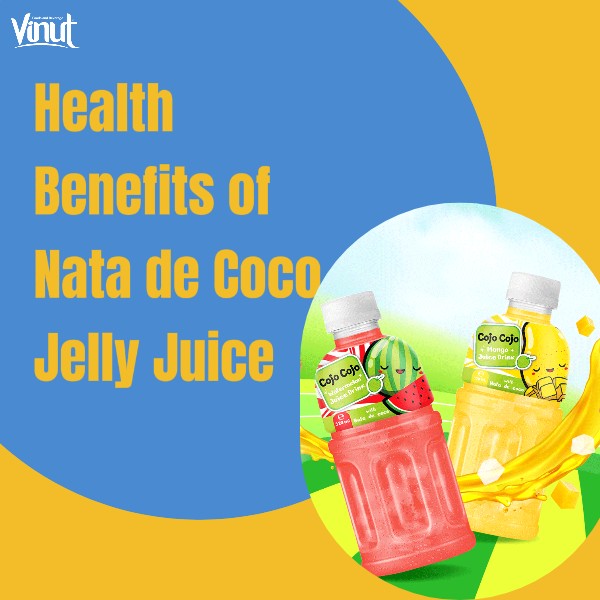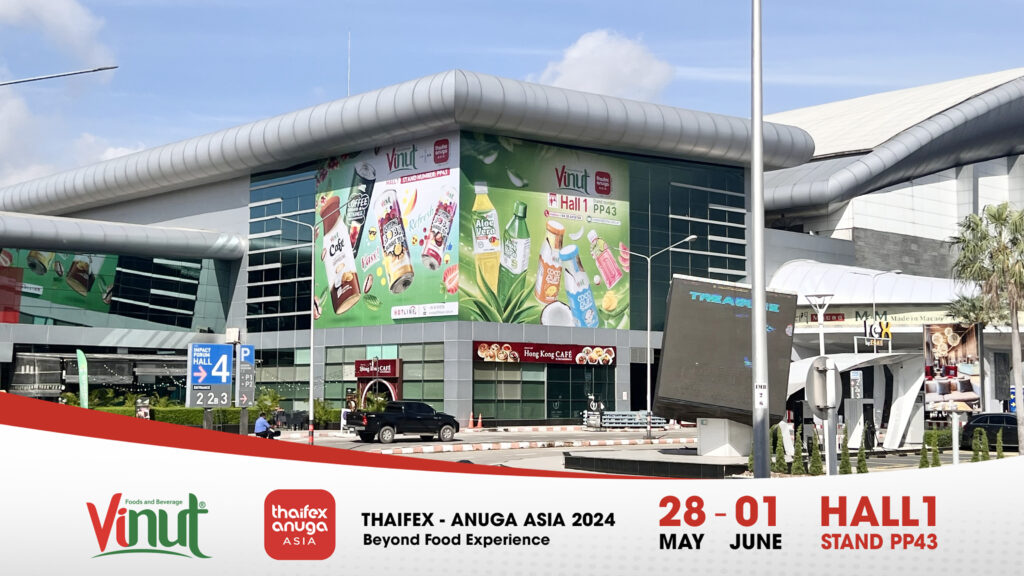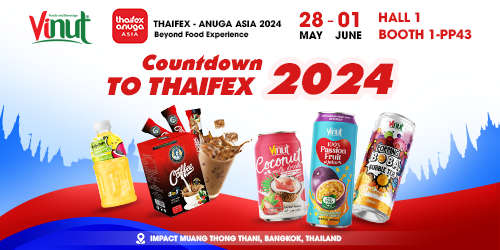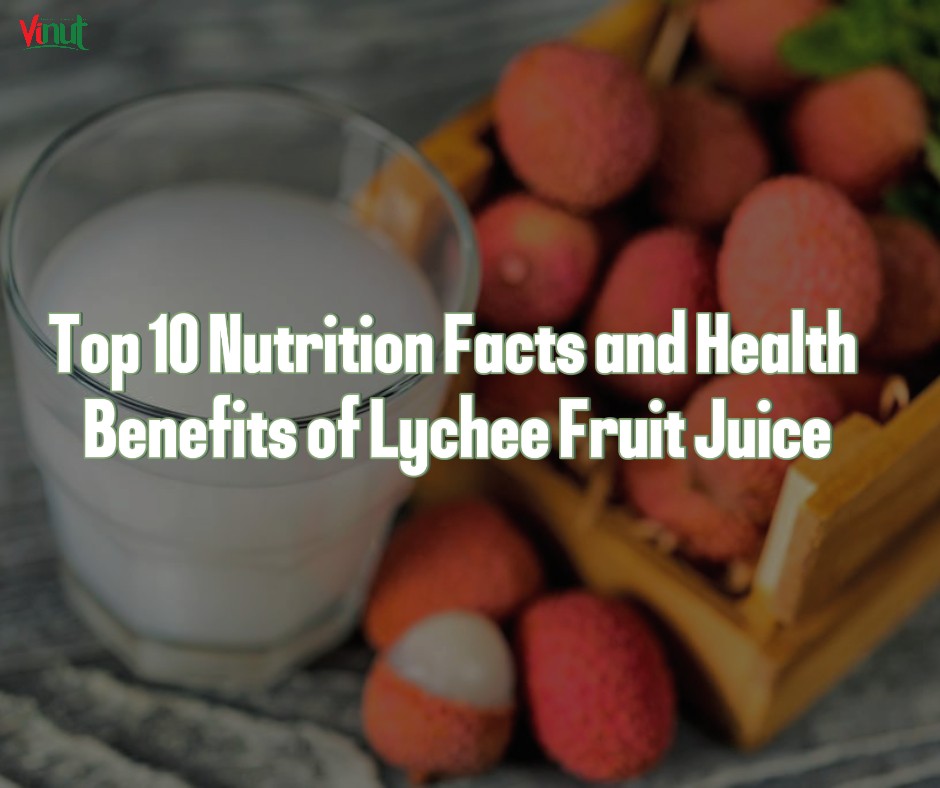
News
Soft Drinks to Avoid During Pregnancy: A Comprehensive Guide
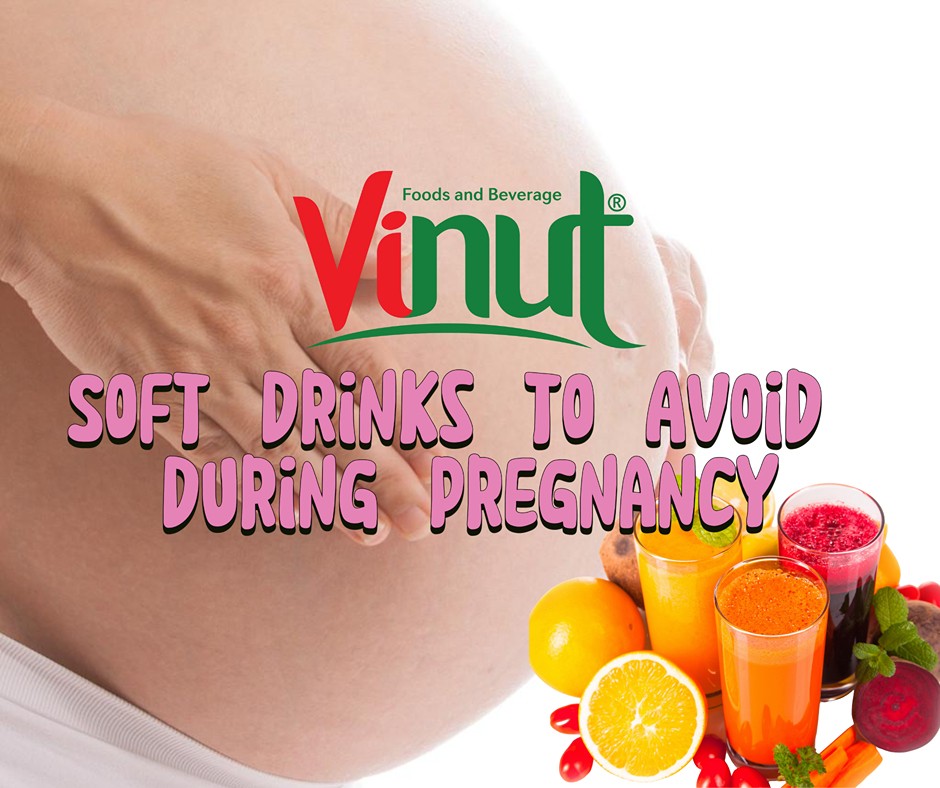
Introduction
Bringing a new life into the world is a miraculous journey, and expectant mothers are often meticulous about their lifestyle choices during pregnancy. One aspect that requires careful consideration is the consumption of soft drinks. In this article, Cojo will delve into the soft drinks that should be avoided during pregnancy, shedding light on potential risks and offering healthier alternatives.

1. Understanding the Ingredients
Before we explore specific soft drinks, it’s crucial to grasp the common ingredients present in these beverages. High levels of caffeine, artificial sweeteners, and excessive sugar can pose risks during pregnancy. Familiarizing oneself with ingredient labels becomes paramount for expecting mothers.
2. Caffeine Content Matters
Coffee isn’t the only source of caffeine; soft drinks can be significant contributors too. High caffeine intake during pregnancy has been linked to complications, including preterm birth. Steering clear of sodas with elevated caffeine content is essential for a healthy pregnancy.
2.1. Identifying Caffeine Levels
Check the nutritional information on soft drink labels to determine the caffeine content. Opt for beverages with lower or caffeine-free alternatives to minimize potential risks.
3. The Sugar Conundrum
Soft drinks are notorious for their high sugar content, which can lead to excessive weight gain and gestational diabetes. Choosing drinks with natural sweeteners or, better yet, opting for water or infused beverages can be a healthier alternative.
3.1. Hidden Sugars
Beware of hidden sugars in seemingly innocuous soft drinks. Understanding different names for sugar on labels helps in making informed choices.
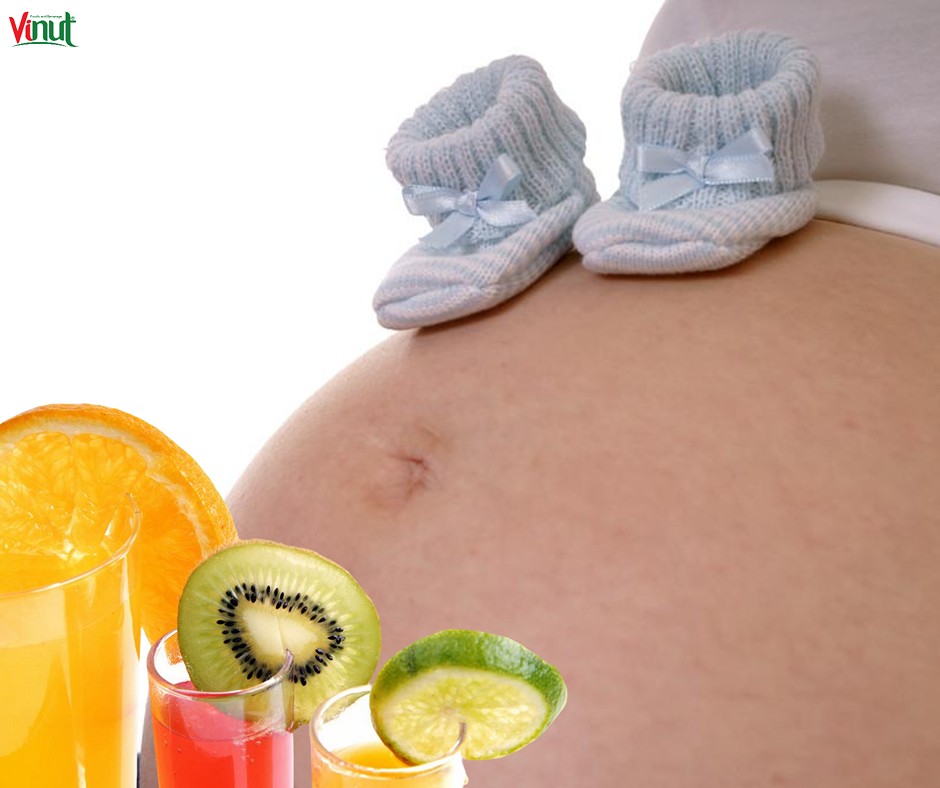
4. Artificial Sweeteners and Pregnancy
Artificial sweeteners may seem like a safer option, but studies suggest potential risks during pregnancy. Aspartame, saccharin, and sucralose are some common artificial sweeteners to be cautious of.
4.1. Alternative Sweeteners
Consider beverages sweetened with natural alternatives like stevia or monk fruit, offering a sweet taste without the associated risks.
5. Hydration and Alternatives
Staying hydrated is crucial for expectant mothers. Replace soft drinks with water, herbal teas, or fruit-infused water for a refreshing and healthier choice.
5.1. Benefits of Hydration
Proper hydration supports the overall well-being of both the mother and the developing fetus. It aids in digestion, circulation, and nutrient transport.
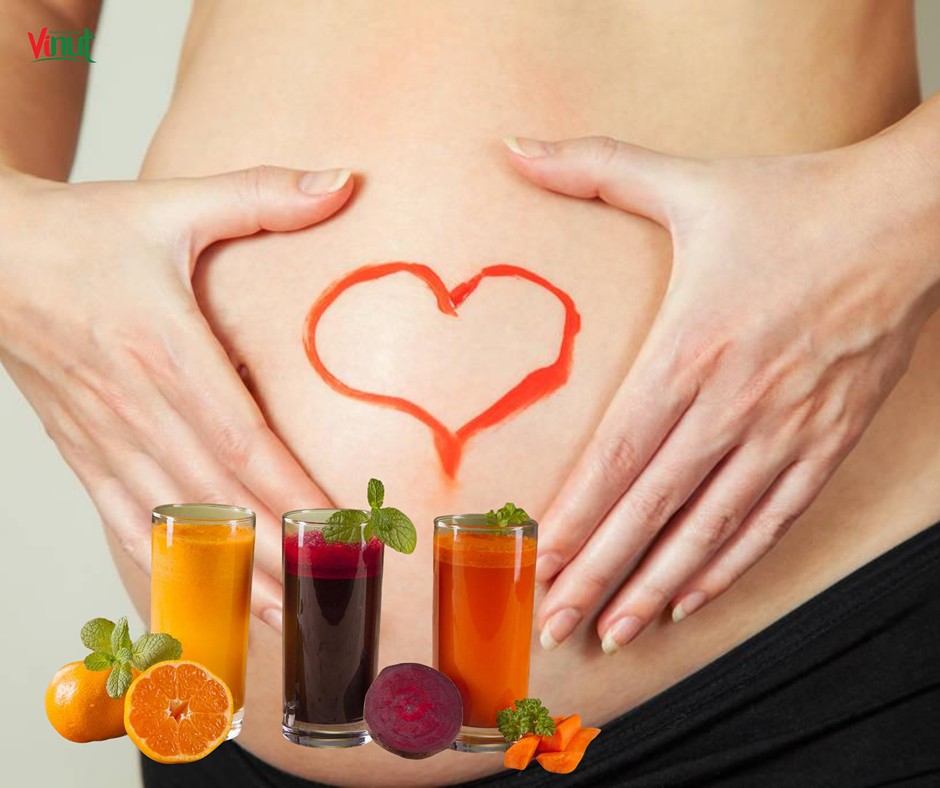
6. Impact on Fetal Development
The chemicals and additives in certain soft drinks can potentially harm fetal development. Understanding how these substances affect the growing baby emphasizes the importance of making informed choices.
6.1. Neurodevelopmental Concerns
Research suggests a correlation between certain additives in soft drinks and neurodevelopmental issues. Opting for natural, whole-food-based choices can mitigate these concerns.
7. Educating Expectant Mothers
Empowering expectant mothers with knowledge about the potential risks associated with specific soft drinks is crucial. Healthcare providers should guide them in making informed choices for a healthy pregnancy.

Conclusion
In navigating the realm of soft drinks during pregnancy, knowledge is power. Understanding the ingredients, monitoring caffeine and sugar intake, and opting for healthier alternatives contribute to a safer and more enjoyable pregnancy journey.
Get Access Now: https://bit.ly/J_Umma
Please Click the Like Button to rate your experience!
FAQs
- Can I have any soft drinks during pregnancy? While moderation is key, it’s advisable to choose beverages with lower caffeine and sugar content. Opting for alternatives like water or herbal teas is generally a safer choice.
- Are diet sodas safe during pregnancy? While some studies suggest potential risks, it’s best to consult with a healthcare professional. Natural sweeteners may be a preferable option.
- How does caffeine affect pregnancy? High caffeine intake has been associated with an increased risk of preterm birth. Monitoring and limiting caffeine consumption are recommended.
- What are the risks of gestational diabetes from soft drinks? Soft drinks with high sugar content can contribute to gestational diabetes. Choosing beverages with natural sweeteners or water is a healthier option.
- Should I completely avoid carbonated beverages during pregnancy? While carbonated beverages can be enjoyed in moderation, it’s essential to prioritize hydration with water and other healthier alternatives.

